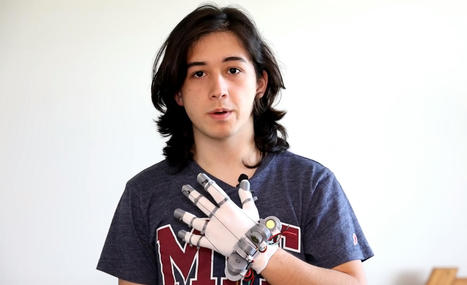Magic Leap raised $794 million in new funding and CEO Rony Abovitz posted a blog suggesting the secretive company is moving closer toward a product, writing “we are setting up supply chain operations, manufacturing.”
Chinese e-commerce company Alibaba led the round and Joe Tsai, Alibaba’s Executive Vice Chairman, is getting a seat on the board. The announcement roughly confirms a December report suggesting the company was raising money in this ballpark.
The Series C round puts the Florida startup’s funding to date close to $1.4 billion.
Magic Leap also seems to have named its technology “Mixed Reality Lightfield” with subtle language in the blog post linked above that might be commentary about current VR technology, which isn’t able to perfectly reproduce what your eyes see in the real world.
“It comes to life by following the rules of the eye and the brain, by being gentle, and by working with us, not against us,” Abovitz wrote about the company’s technology. “By following as closely as possible the rules of nature and biology.”
Abovitz previously suggested Rift-like VR headsets have a history of “issues that near-eye stereoscopic 3d may cause” and that “we have done an internal hazard and risk analysis….on the spectrum of hazards that may occur to a wide array of users.”
 Your new post is loading...
Your new post is loading...
 Your new post is loading...
Your new post is loading...













Oblong's implementation of the Minority Report Gloves was certainly more expensive — https://vimeo.com/76468455